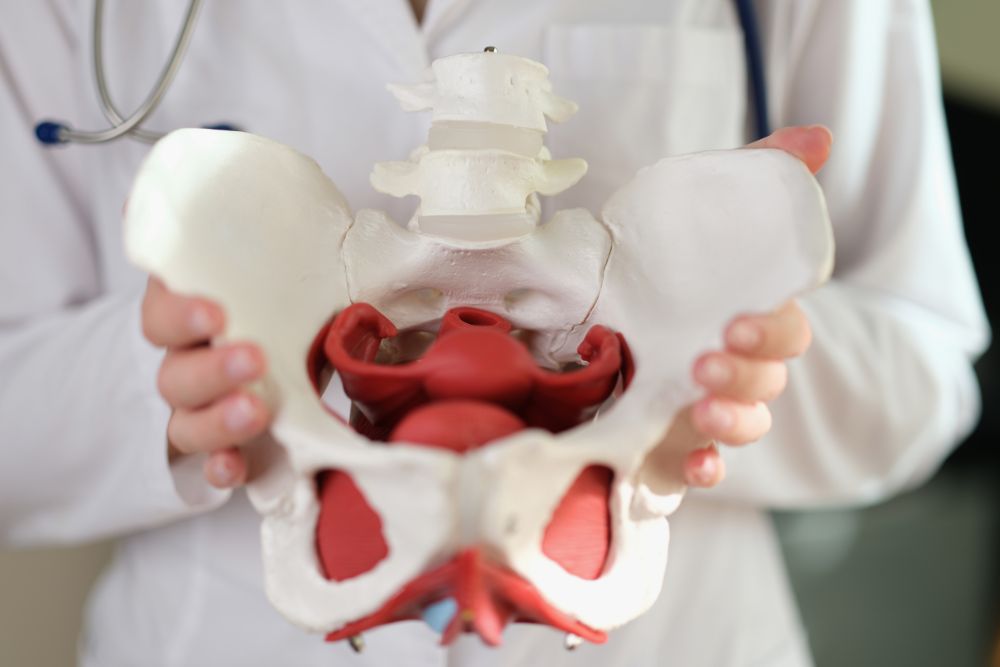Pelvic Floor Repair

Pelvic floor repair refers to a range of surgical procedures designed to address and correct disorders related to the pelvic floor. The pelvic floor is a group of muscles and tissues that support the organs in the pelvis, including the bladder, uterus, and rectum. Dysfunction in this area can lead to various health issues, including incontinence and prolapse.
Common Conditions Treated
Pelvic Organ Prolapse: This condition occurs when the pelvic organs, such as the bladder or uterus, descend into the vaginal canal due to weakened pelvic floor muscles. Repairing prolapse typically involves surgically restoring the organs to their proper position and reinforcing the supporting tissues.
Stress Urinary Incontinence: Characterized by involuntary leakage of urine during physical activities like coughing or exercising, stress urinary incontinence is often treated with surgical procedures that strengthen the supporting structures of the bladder and urethra.
Rectocele and Cystocele: These are types of vaginal wall prolapses. A rectocele occurs when the rectum bulges into the posterior wall of the vagina, while a cystocele is a bulge of the bladder into the anterior wall of the vagina. Surgery for these conditions involves repairing the affected vaginal walls and restoring normal anatomy.
Benefits of Pelvic Floor Repair
Pelvic floor repair surgeries aim to alleviate symptoms, improve quality of life, and restore normal function. Patients typically experience significant relief from discomfort and functional impairments, with many returning to their daily activities with enhanced comfort and confidence.
Techniques and Technologies
Modern pelvic floor repair utilizes advanced surgical techniques, such as minimally invasive laparoscopic surgery and robotic-assisted procedures. These approaches minimize incision size, reduce recovery time, and enhance precision in repairing the pelvic structures.


